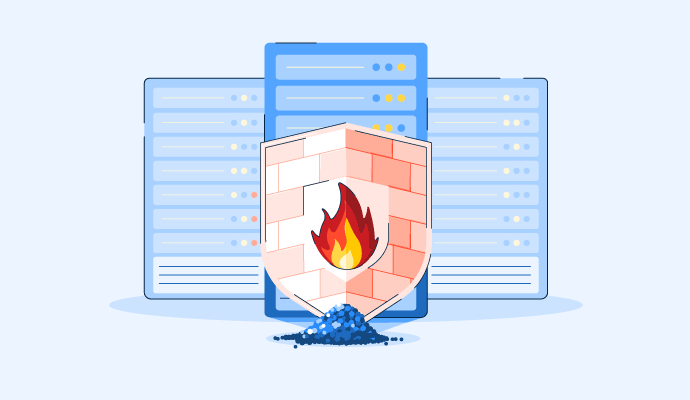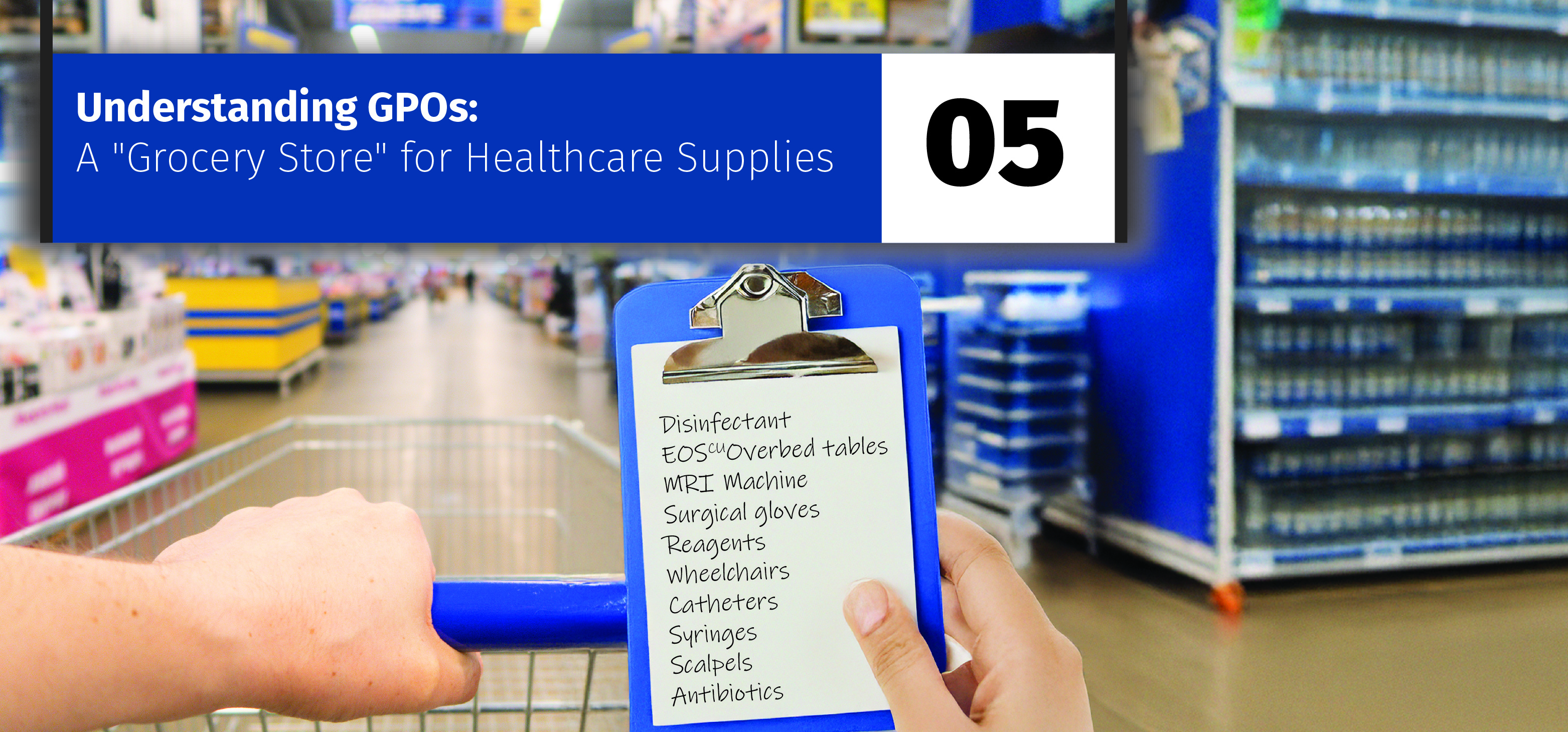If you've been dealing with that nagging Achilles tendon pain, you're not alone. Achilles tendinopathy can be a real pain in the
Hey there! If you've been dealing with that nagging Achilles tendon pain, you're not alone. Achilles tendinopathy can be a real pain in the...well, Achilles. Whether you're a weekend warrior or just trying to keep up with life, understanding what's going on with your Achilles tendon is essential. In this blog post, we're going to break down the causes, symptoms, how to get diagnosed, and what to do about it!

What is Achilles Tendinopathy?
Achilles tendinopathy is a broad term used to describe a range of conditions that affect the Achilles tendon, the thick band of tissue that connects the calf muscles to the heel bone. It primarily encompasses two conditions:
Achilles Tendinitis: This is the acute phase of the condition, characterized by inflammation of the Achilles tendon. It often results from overuse or sudden increases in physical activity. Achilles Tendinosis: This is the chronic, degenerative phase, where the tendon undergoes structural changes. It typically follows untreated or poorly managed tendinitis.
Causes of Achilles Tendinopathy
Several factors can contribute to the development of Achilles tendinopathy:
Overuse: Repeated, excessive stress on the Achilles tendon, such as intense physical training or sudden increases in activity, can lead to microtears and inflammation. Improper Footwear: Wearing inadequate or worn-out shoes with insufficient arch support can increase the risk of developing this condition. Biomechanical Issues: Abnormal foot pronation, leg length discrepancies, or poor running form can place added strain on the Achilles tendon. Age: Tendons tend to become less flexible and more susceptible to injury as we age. Previous Injuries: A history of Achilles tendon injuries or improper rehabilitation can contribute to tendinopathy.

Symptoms
Recognizing the symptoms of Achilles tendinopathy is vital for early intervention:
Pain: The most common symptom is a dull or sharp pain in the back of the heel or lower calf. Pain may be worse in the morning or after periods of inactivity. Stiffness: Stiffness, particularly in the morning or after prolonged periods of rest, is common. Tenderness: The Achilles tendon may be tender to touch. Swelling: Some individuals may experience mild swelling in the affected area.
Diagnosis
If you suspect you have Achilles tendinopathy, it's essential to consult a healthcare professional. Diagnosis typically involves:
Physical Examination: Your podiatrist will assess your symptoms, range of motion, the appearance of your Achilles tendon and a functional assessment will be performed. Imaging: Ultrasound or MRI scans may be used to visualize the condition of the tendon and rule out other potential issues.Treatment Options
Managing Achilles tendinopathy requires patience and a multifaceted approach:
Rest: Initially, it's crucial to reduce or modify activities that exacerbate the condition to allow the tendon to heal. Ice: Applying ice to the affected area can help reduce pain and inflammation. Physical Therapy: A physical therapist can create a tailored exercise program to improve flexibility, strength, and biomechanics. Orthotics: Custom-made or over-the-counter shoe inserts can help correct foot biomechanics and reduce strain on the tendon. Medications: Nonsteroidal anti-inflammatory drugs (NSAIDs) may be prescribed to manage pain and inflammation. Eccentric Exercises: A specific type of strengthening exercise, eccentric exercises, have been shown to be effective in rehabilitating Achilles tendinopathy. Western medical Accupuncture: WMA initiates a release of peptides following needle insertion that leads to increased blood flow and enhanced healing. It also stimulates a neural response that creates an analgesic effect Shockwave Therapy: In some cases, shockwave therapy may be recommended to stimulate healing. Surgery: Surgical intervention is typically a last resort, reserved for severe cases that do not respond to conservative treatment.
To avoid future Achilles drama:
Shoe Game Strong: Get good shoes with arch support. Your feet will thank you. Ease into It: Don't go from couch potato to marathon runner overnight. Gradual is the way to go. Stretch and Strengthen: Do some calf and Achilles stretches and throw in some strength exercises. Listen to Your Body: Pain is your body's way of telling you something's up. Don't ignore it.Achilles tendinopathy is a tough customer, but we can handle it. Early recognition, the right treatment, and a bit of prevention can help you get back to doing what you love. Just remember, if your Achilles is acting up, don't hesitate to reach out to a pro. We will get you on the road to recovery in no time!
,Speak to one of our Podiatrists' today by calling (08) 7081 9805 and ,book a consultation online.
FIND US:
- Facebook: https://www.facebook.com/CustomPodiatryServices
- Instagram: https://instagram.com/custompodiatry_/
- LinkedIN: https://www.linkedin.com/company/18627665
- Locations: http://bit.ly/2I4xNp8
- Contact Us: (08) 7081 9805















